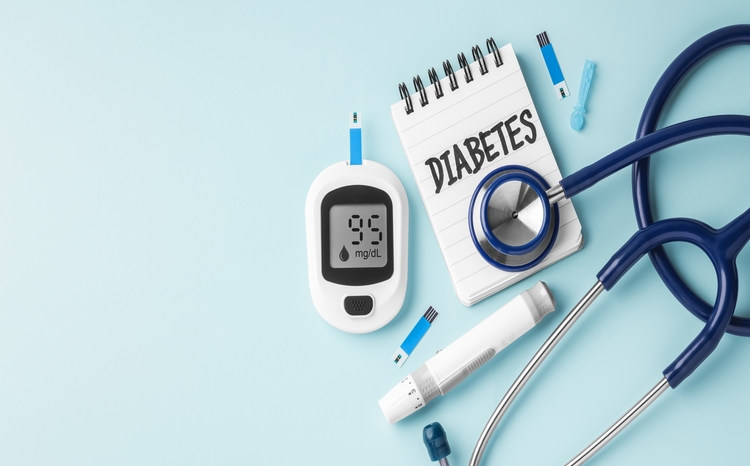Nottingham expands diabetic retinopathy service
- 1 May 2007
A £4.5m community-based digital eye screening programme for diabetics in Nottingham is being rolled out to a further six locations, after its original four sites saw almost 11,000 patients in just seven months.
The Nottingham Diabetic Retinopathy Service was launched last September screening diabetic patients at the Queen’s Medical Centre, City Hospital, Stapleford Care Centre and Park House, Carlton.
Digital imaging specialist, Digital Healthcare, provided the service with its OptoMize iP software and electronic patient records system to use when screening away from a hospital ward.
OptoMize iP is bespoke software for diabetic retinopathy which manages the flow of patients and information through a clinical care pathway; it manages the clinical encounters with patients, ensuring that all the required procedures, observations and audit activities take place at the correct points along the pathway.
Digital Healthcare’s area sales manager, Dr Michael Paylor told E-Health Insider: “OptoMize iP has helped Nottinghamshire offer diabetic screenings at special clinics away from the usual hospital wards and is helping the trusts meet Department of Health diabetic screening targets and allowing the patients to choose a screening clinic near to their home.
“Diabetes patients in Nottinghamshire are invited to attend a screening clinic at a location near to their homes, where a digital photograph is taken of the back of their eyes that can detect diabetic retinopathy, a complication of diabetes that can lead to blindness if left untreated.”
Nottingham University Hospitals NHS Trust has 23,000 registered diabetes patients and needed a way to meet new DH targets to ensure that 100% of the diabetic population had access to a digital scan of their eyes by the end of the year.
The trust’s clinical lead for the screening service, Dr Tasso Gazis said: “Digital Healthcare’s software can be pre-loaded onto laptops so that our staff can travel between health centres to hold screening clinics for about a month at each centre on a revolving basis.
“This means that we can provide a mobile, community-based service, offering patients a greater choice of locations for their screening appointments, which is particularly useful for elderly patients and increases the overall take-up rates.”
The departments of diabetes and ophthalmology at Nottingham University Hospitals co-ordinate the screenings at each of the locations and patients are notified of their results within a fortnight of the screening.
If an abnormality is detected during the screening process, the patient is referred directly to a specialist clinic for further investigation and laser treatment, if appropriate, without the need to seek a referral from their GP.
Dr Gazis said: “Diabetic retinopathy is a symptomless disease that can have devastating effects but which is treatable with laser treatment if it is caught early on. The digital imaging service that we offer using Digital Healthcare’s software is the most effective way to identify the disease at an early stage.
“We can also use this software to monitor for changes in eye condition by comparing images taken at different points in time. Detection of the disease also depends on reaching out to diabetes patients and making it as straightforward as possible for them to attend their screening appointments.”
The system has seen around 1,900 patients each month since its launch last September and Dr Gazis said the system made remote clinics easy to store patient records and generate referrals and reports.
“The software contains a secure electronic patient records system covering all the patients on the programme so we can pull up patient histories and images instantly. The system is also fully-automated so we can generate referrals to clinics straight after screening, as well as reports on the screening results for GPs and patients.
He added it could be controlled by just a few staff members and made administration easier for the trust.
“It enables just three staff members to handle nearly 80,000 items of correspondence to GPs and patients every year, so we can focus more resources on screening and grading work.”
The service will now be extended to a further five clinics in Nottingham and the city centre branch of Boots the chemist.
Dr Gazis hopes that once all patients have been screened within the trust’s area, clinicians will be able to plan treatments on an individual patient basis.
“While we will continue to offer digital screening appointments to all diabetes patients on a regular basis, we could plan to offer even more frequent screening appointments for ‘high risk’ patients,” he said.
Links
Nottingham Diabetic Retinopathy Service




